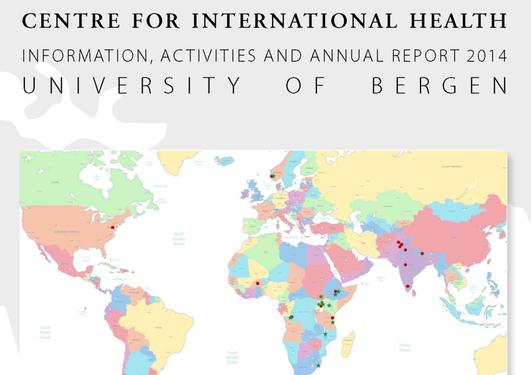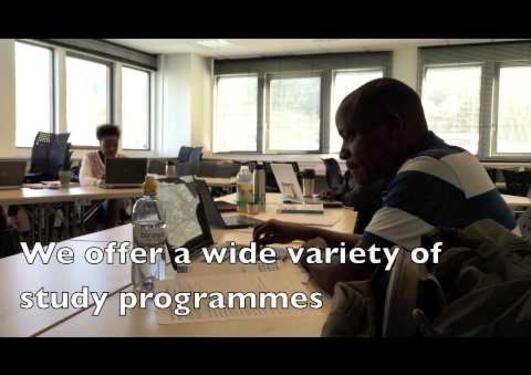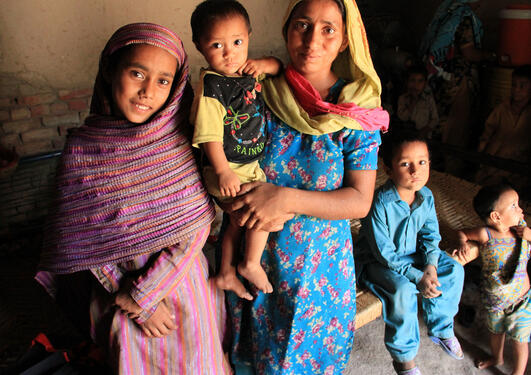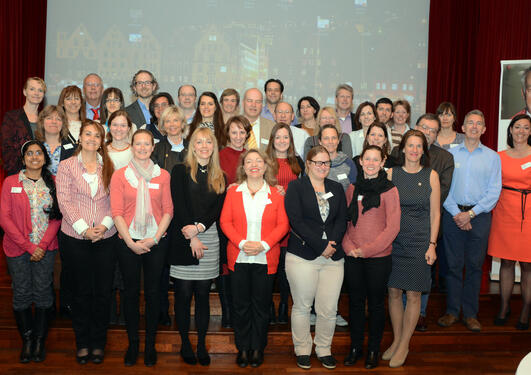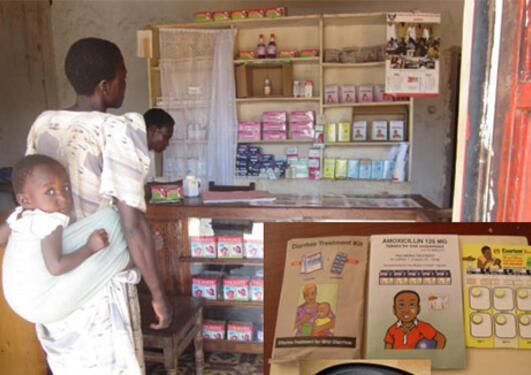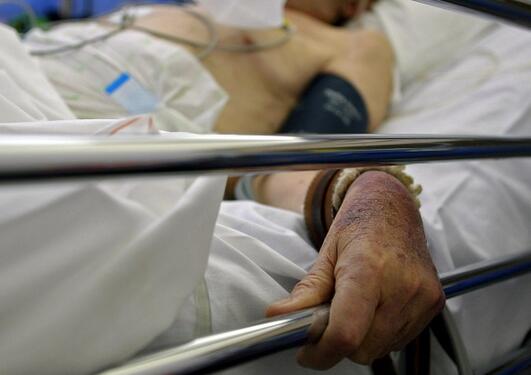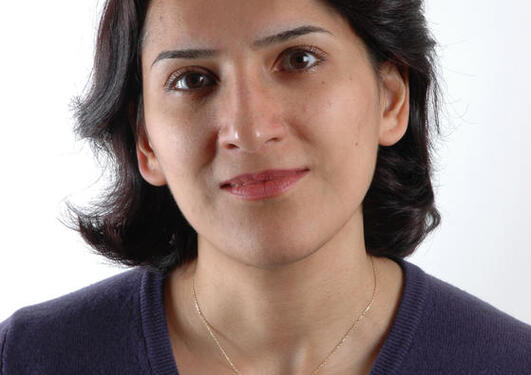News archive for Department of Global Public Health and Primary Care
Post.doc. Trygve Ottersen has published an article as part of a special symposium in Journal of Law, Medicine and Ethics on the global treath of antibiotic resistance.
Health care professionals' refusals to provide certain medical goods and services that they consider morally objectionable is a well-known and often hotly debated phenomenon. In this review paper for Philosophy Compass, post doc and group member Gry Wester provides an introduction and overview of some of the key issues.
Post.doc. and research group member Trygve Ottersen is contributing alongside prominant politicians and leaders like Margaret Chan, Bill Clinton and Jonas Gahr Støre in this new book from Oxford university Press.
Should the 2006 recommended WHO Child Growth Standards be the global reference?
A timely diagnosis of TB can save lives – not only for the person with TB, but also by limiting further spreading of the disease.
Read about new doctors, degrees, projects and other activities at Centre for International Health in 2014 in our annual report.
To improve the cooperation between staff at the Department of Global Public Health and Primary Care who are situated both in Kalfarveien 31 and in Overlege Danielsens Hus, this film was made in spring 2015.
Vitamin D, consumed via oily fish or cod liver oil supplements, may lower the risk of adult-onset multiple sclerosis (MS). Adolescence may be a particularly susceptible life period for such vitamin D-based risk reduction.
Being better able to identify the most seriously ill infants is of great importance in terms of being best able to prioritise health resources, particularly is developing countries where such resources are limited. Two researchers from the Centre for Intervention Science in Maternal and Child Health (CISMAC) were part of a study that has identified predictors of recovery time in infants with... Read more
A focus-group study involving 2 researchers from the Department of Global Public Health and Primary Care (IGS) found that General Practitioners (GPs) seem to consciously negotiate when dealing with sick leave issues.
The study will examine links between adolescent pregnancies and different approaches to empower adolescent girls in Zambia.
The 7th International Congress of Pain in Dementia gathered leading researchers on dementia in Bergen, Norway. The goal was to share knowledge, raise awareness and find solutions to challenges related to pain in people with dementia.
PhD Candidate Phyllis Awor is part of a research group working on improving quality of care at drug shops in Uganda.
The University of Bergen’s (UiB’s) Bergen Summer Research School (BSRS) 2015 is being held 15-27 June. The faculty team leading this summer’s programme are largely based at UiB’s Centre for International Health (CIH).
Is equality best understood as a distributive concern, or should it be viewed as a social and political ideal? The former view dominates in the justice and health literature, but in a new essay Gry Wester and Kristin Vogt explore the latter view.
Estimates of the expected remaining lifetime of critically ill patients and expected life years gained from intensive care unit (ICU) admission could inform priority setting of intensive care.
A new study from IGS shows that an overall lower proportion of survivors of cancer diagnosed at young ages (<19 years) completed their education compared with the cancer-free population.
Helicopter emergency medical services (HEMS) have a number of theoretical advantages. After nearly 30 years in operation, how is the Norwegian HEMS doing in terms of flying times and primary mission rates?
Pages
- 2025
- 2024
- 2023
- 2022
- 2021
- 2020
- 2019
- 2018
- 2017
- 2016
- 2015
- 2014
- 2013
- 2012
- 2011
- 2010
- 2009





